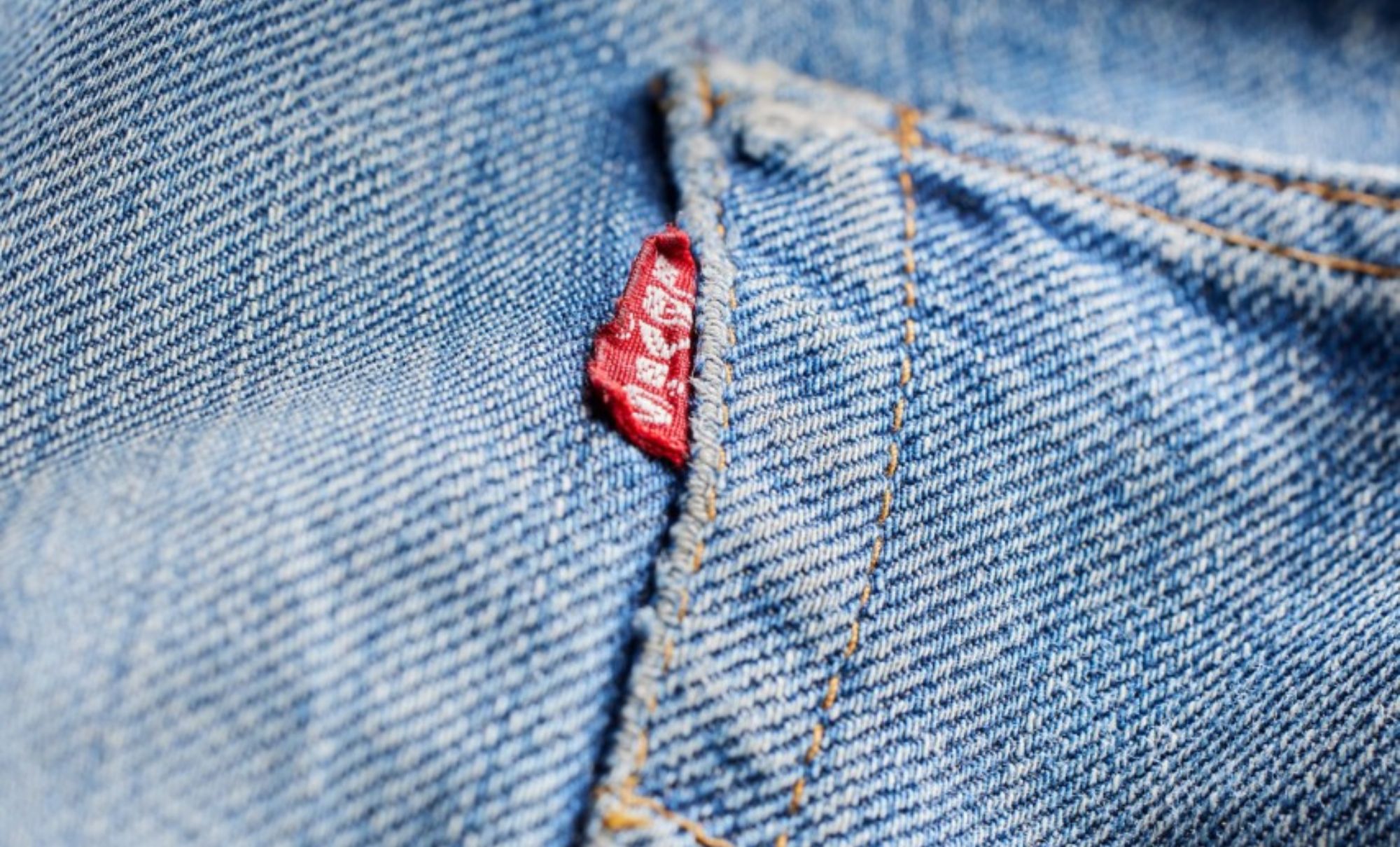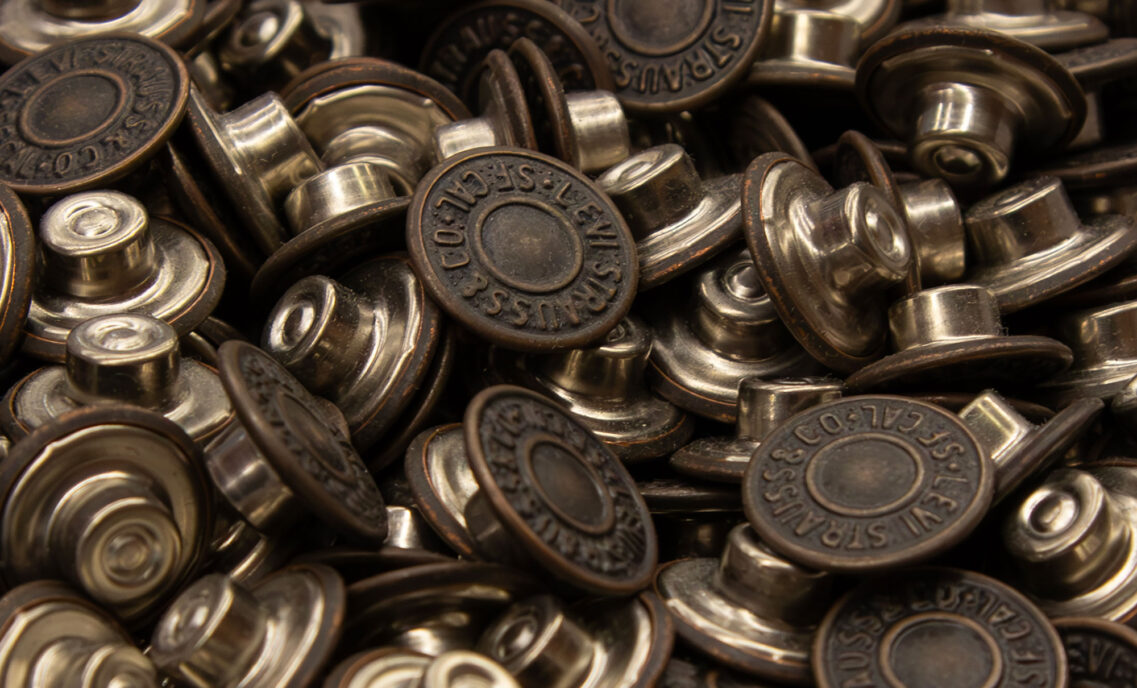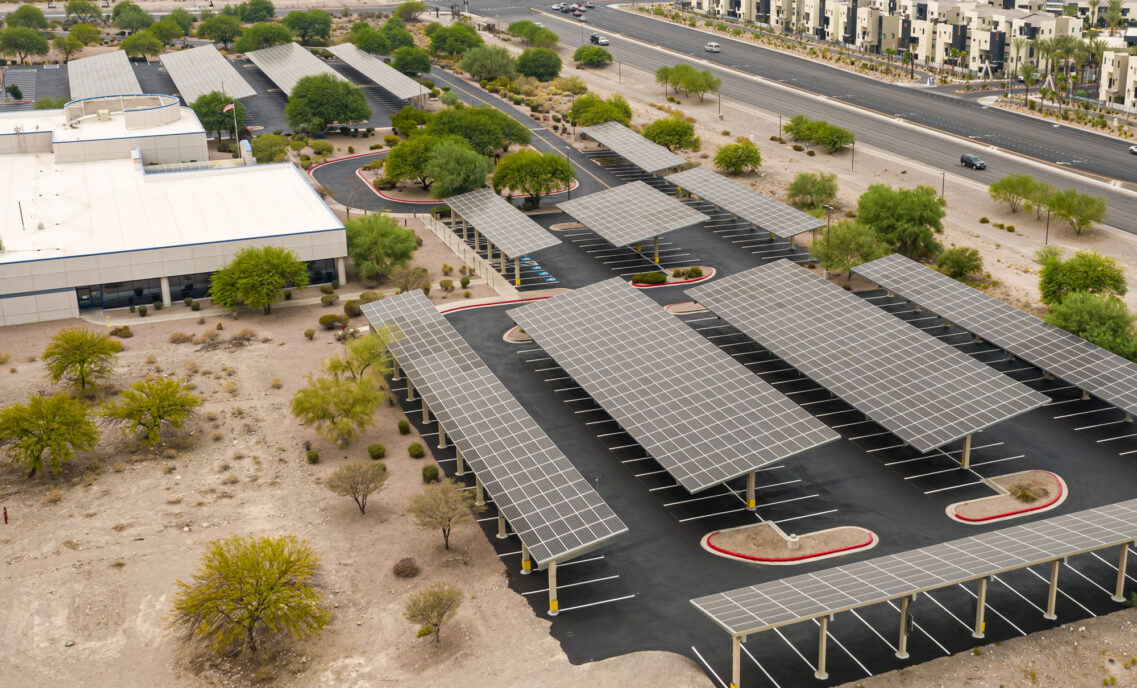The apparel industry is facing an opportunity to change the way it operates to better serve people and the planet for future generations. From the material makeup of our products to the packaging that arrives at consumers’ doorsteps, we’re looking for ways to engage consumers in reducing the waste caused by the industry.
That’s why Levi Strauss & Co. formed a partnership with Fashion for Good to initiate collaborative projects that spark circular innovation in the apparel industry. Most recently, we joined Fashion for Good’s Home-Compostable Polybag project to address one of the most commonly used plastics in apparel.
We use polybags to protect apparel products from the equipment our factories and distribution centers use to move items from place to place. From sorting, to shipping, to delivery, these polybags keep products clean and undamaged, and make keeping track of orders simple. But, as currently made, they are not recyclable. This project is a step toward our goal of eliminating single-use plastic in consumer-facing packaging by 2030 by shifting to 100% reusable, recyclable or home-compostable plastics. Through the pilot, consumers can dispose of these polybags in their backyard compost system or into their local municipal composting waste stream rather than adding them to the landfill.
“This project not only moves us toward achieving our goal of eliminating single-use plastic, it also puts into practice the industry collaboration required to solve these ubiquitous industry challenges,” said Jeffrey Hogue, LS&Co. chief sustainability officer. “Through Fashion for Good’s platform, we’re able to test innovations like at-home compostable polybags that help our consumers take action and reduce the amount of plastic contributed to landfills.”
This six-month pilot uses polybags from Fashion for Good innovators TIPA Corp. and Greenhope and will be tested in two of our distribution centers, one in Sri Lanka and one in the U.S. These polybags include 23-25% bio-based material to lessen fossil fuel consumption and are tested to compost in home and/or municipal composting environments. These polybags provide an end-of-life alternative for plastics bound for the landfill and are one step in addressing single-use plastics across consumer-facing packaging.







